On Wednesday last week, Germany's coalition government of the Social Democrats (SPD), Free Democrats (FDP), and the Greens collapsed after Chancellor Olaf Scholz (of the Social Democrats) fired the finance minister, Christian Lindner (of the Free Democrats). This move prompted the Free Democrats to withdraw from the government, ending the so-called 'traffic light coalition'. The dramatic collapse of the coalition occurred against the backdrop of fundamental disagreements on the direction of German economic policy, which have plagued the coalition since the beginning. Since mid-2022, tensions have only risen as real GDP contracts year over year. The remaining coalition of SPD and the Greens will now govern as a minority government until a vote of confidence is called, after which time the President can call elections.
The German System of Government
Germany is a federal parliamentary democracy with a multi-party governance system in which the Federal Chancellor (the head of the Federal Government) holds the most decision-making power. Within this multi-party system, it is highly difficult for any one party to win the seats required to govern alone, making coalitions the rule. To prevent fragmentation, parties must receive at least 5% of the total vote share in order to obtain seats in parliament. It is within this institutional framework that the recent so-called ‘traffic light government’ coalition of Greens, Social Democrats, and Liberal Democrats was formed in 2021.
The 'traffic light crisis'
Even within Germany's multi-party system, a coalition of two left-wing parties and a pro-business, free market economy party will be challenging. The so-called 'traffic light government' has faced tensions since the beginning, due to their conflicting views on the future of Germany and the best way to revive the country's declining economy. The SPD and Greens have favoured investing in the green transition and social benefits, while the FDP has preferred to cut spending and taxes and reduce regulation. Linder has claimed that he felt pressured to spend more than he was comfortable with—and more than the German constitution allowed—as he sought to maintain Germany's credit score rating above all else. Indeed, the German constitution constrains government borrowing in a Merkel-era clause referred to as the 'debt brake'. The clause entails that the government can only borrow 0.35% of GDP and aims to prevent excessive borrowing and the amassing of severe debt. It is possible to suspend this clause in times of emergency, yet when Scholz asked Lindner to do so, Lindner refused and was ultimately dismissed.
Scholz has said that he felt “forced" to dismiss Lindner in order to “prevent harm to our country”. In the context of Germany's current economic recession, Scholz's SPD sees an urgent need for Germany to spend more—a vision which Lindner would not implement. Scholz claimed that Lindner has breached his trust by pursuing a vastly different economic policy than what Scholz’s Social Democrats and the Greens had agreed to. The dismissal is immediately underscored by Lindner’s publication of the economic paper “Germany’s economic turnaround” last week, which was described by German media as the coalition's ‘divorce papers’. In the paper, Lindner argued that “an economic turnaround with a partly fundamental revision of key political decisions is necessary in order to avert damage to Germany as a business location." Here, Lindner openly criticises the political direction of the SPD-led coalition government that he is apart of, putting his party at odds with the rest of the coalition. Scholz and the SDP saw the recommendations of the paper—such as reducing emissions reduction targets and lowering taxes—as "putting our country into chaos" and Lindner's open opposition to his fellow partners in government as showing "no trust basis for future cooperation".
What Does This Mean for Germany?
It is important to note here that there has been a collapse of the coalition government but not of the German government itself. Scholz has stated that he will run a minority government with the remaining two parties—his own SPD and the Greens. Indeed, despite one of the parties that was elected to government leaving the coalition, Scholz is not required by the German constitution to call elections immediately unless there is a clear majority in favour of a new Chancellor. This is because, as a product of WWII and the instability of Germany's first republic, the constitution allows elections to happen only once it is clear what will happen next. As of Tuesday morning, an agreement has been reached between the SPD, the CDU, and the CSU to hold snap elections on the 23rd of February, with a vote of confidence occurring before the year is out. The vote of confidence is expected to be announced imminently, and it has been speculated that it will happen on December 18.
As a minority government, the new SPD/Greens coalition will be unable to pass legislation without support from other parties until the elections in February. Scholz has said that he will approach Frederich Merz, the leader of the conservative opposition party, the Christian Democratic Union (CDU), for support in passing the budget and increasing military spending. However, the CDU has vehemently opposed Scholz's decision to wait to hold the vote of confidence, demanding that it be held immediately and claiming that Germany cannot endure months of a minority government in it's current economic recession.
The instability of the 'traffic light government' has decreased support for all parties of the coalition, while support for the far-right Alternative for Germany (AfD) party is increasing. There is hope among some in Germany that an election would mean that the current period of instability could be replaced by a functional government that is not plagued by internal division. The CDU and CSU union are currently leading in the polls; however, they do not have enough support to govern alone and have made it clear that they will not govern with AfD. Given the current polling, Merz is well-placed to become Germany's next Chancellor, as he was unanimously elected as Conservative candidate for the Chancellorship in September by the CDU and CSU. Current vice chancellor and leader of the Greens party, Robert Habeck, has also announced his intent to run as the Greens Chancellor candidate; however, due to his role in the current government and the poor performance of his party in the polls, his chances are less favourable. Merz has already mocked Habeck's running for the Chancellorship, claiming that "the self-declaration as chancellor candidate with 9% voter approval certainly has an amusing side to it."
Broader Implications
It is yet to be seen whether Scholz will gain the support of Merz and the CDU in passing the budget and legislation that he hopes to in the coming months. What is clear is that while Germany has a minority government, it is partially 'put on hold', and this puts European coordination on hold too. In effect, this had delayed the European collective response to Donald Trump's election as the next President of the U.S., as the coalition's collapse came only hours after the U.S. election results. Moreover, it has delayed Germany's own internal response to Trump's election, as increased defence spending was a key part of Scholz's plan to prepare Germany for a second Trump term.
The collapse of the coalition government could very well lead to the election of a new German federal government and Chancellor in February next year, which could mean a very different political direction for Germany. Merz's CDU is determined to close Germany's borders to asylum seekers, rejects environmentalism, and has stated that he and Trump "would get along" when asked what his feelings were towards him. Although vocally denouncing Trump's response to the 2020 elections, Merz is now embracing a second Trump presidency and, in some ways, echoing his desires to make his country great (again).



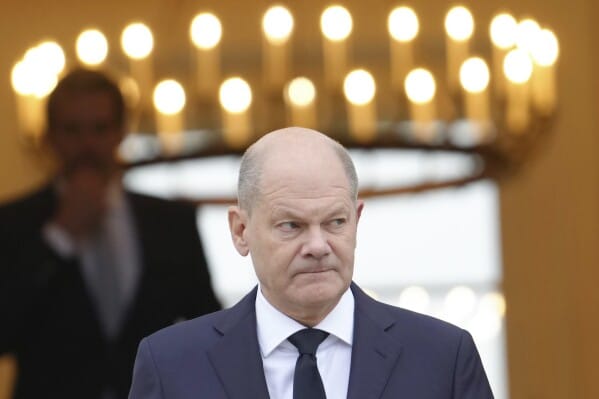
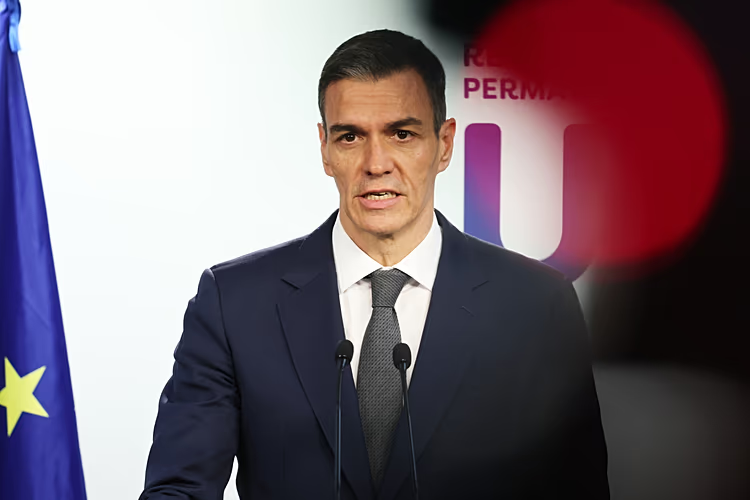

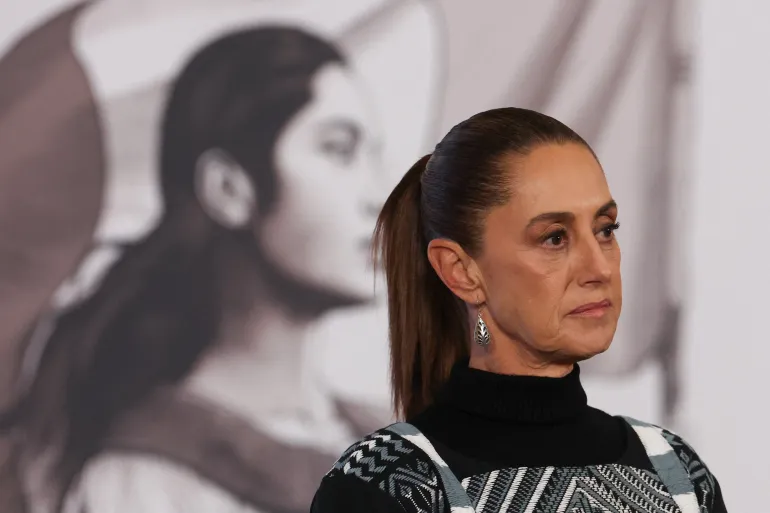
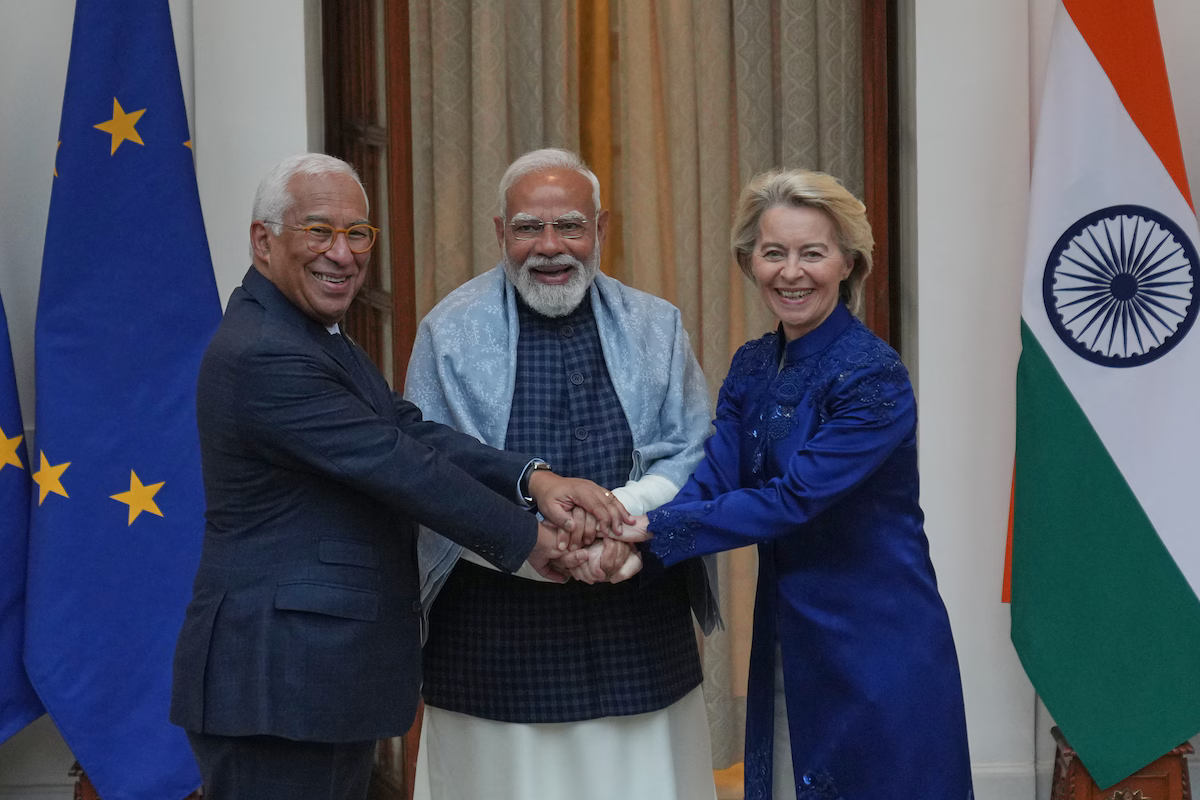
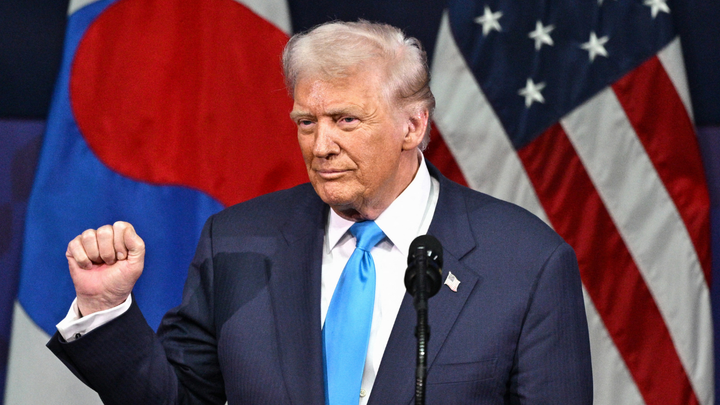


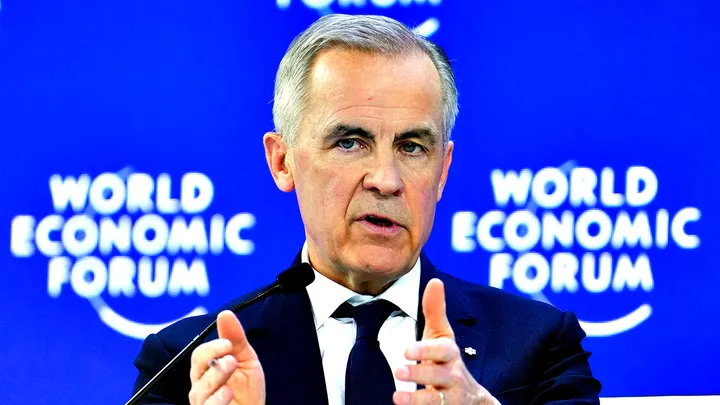
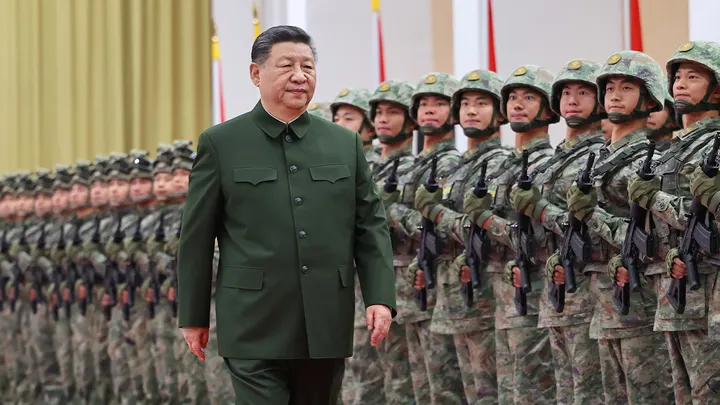
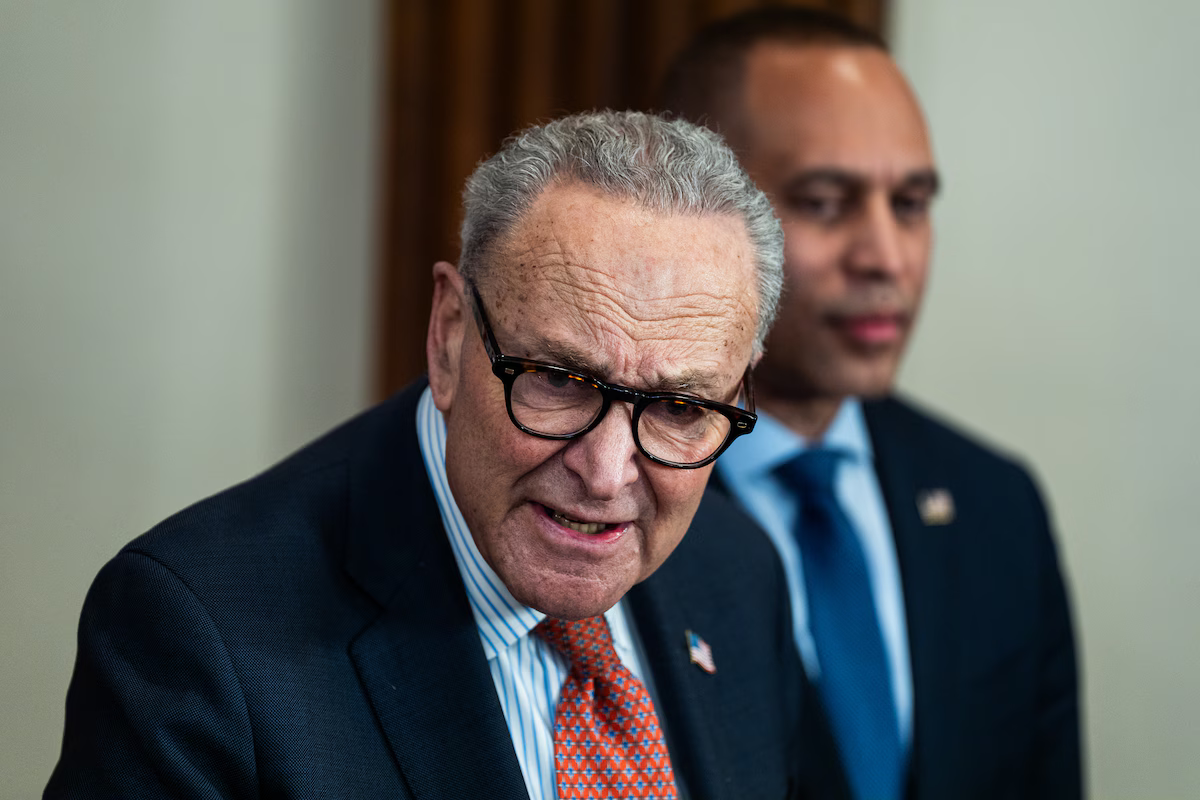
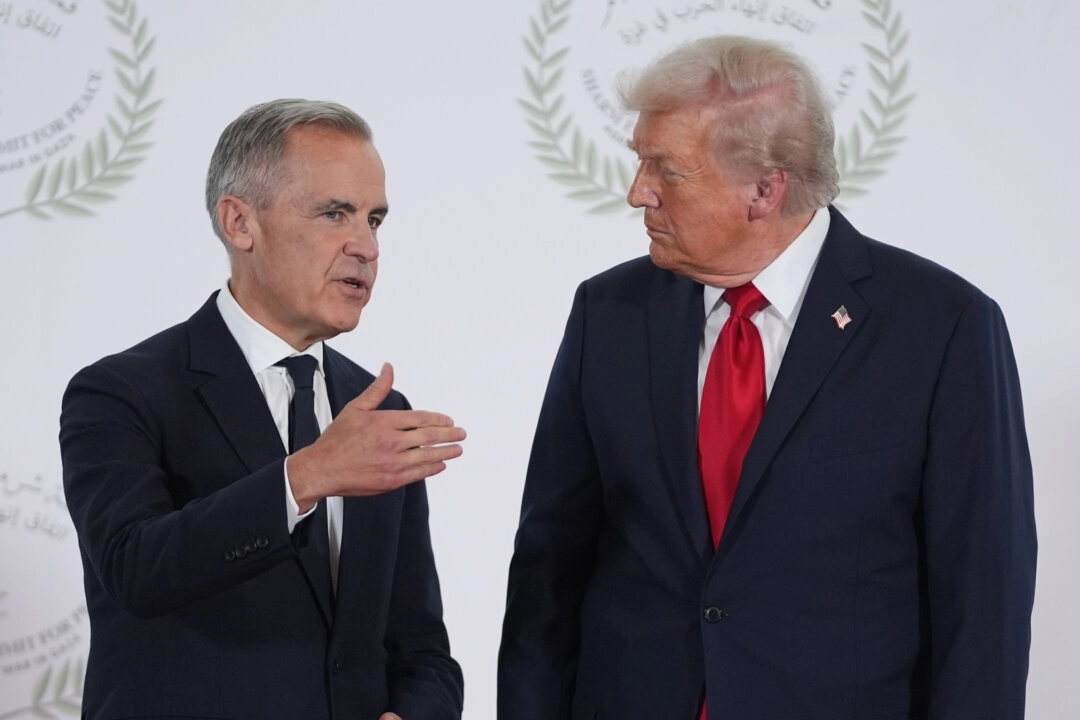
Discussion